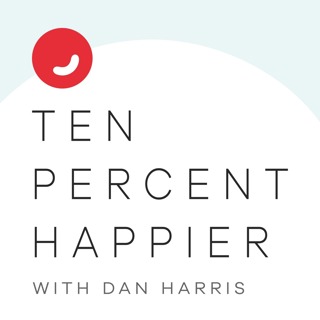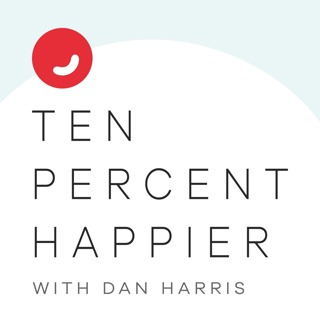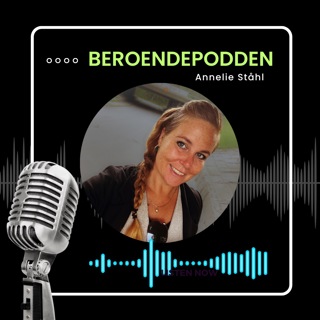
Matthieu Ricard, French Monk and 'World's Happiest Man'
Tibetan Buddhist monk Matthieu Ricard, who is originally from France, earned the moniker "world's happiest man" after brain scans taken during a neurological study on meditation (led by Dr. Richie Davidson) showed excessive activity in his brain as he meditated on compassion. A staunch vegetarian, Ricard talks about the importance of extending compassion to all beings, including animals, which he lays out in his new book, "A Plea for the Animals: The Moral, Philosophical, and Evolutionary Imperative to Treat All Beings with Compassion."
8 Feb 20171h 5min

Mary Karr, Best-Selling Poet and Master Memoirist
Mary Karr has shared many dark pieces of her past in her memoirs, from a painful childhood, to a long struggle with alcoholism and depression, to living her entire life as an agnostic before becoming a Roman Catholic. It was when she said she found herself "sober in a mental institution" that she first began to pray and meditate, both of which are practices she continues today to stay centered.
1 Feb 20171h 1min

Elvis Duran, Morning Radio Show Star
The host of the mega-popular Top 40 radio show, "Elvis Duran and the Morning Show," has never shied away from dishing out "real talk" to his millions of listeners, not even when it comes to his dramatic weight loss after "gastric sleeve" surgery. Duran is a longtime meditator and talks about keeping up with the practice while also trying to maintain his edge.
25 Jan 201747min

Jeff Warren & the '10% Happier' Road Trip! (Bonus Episode!)
Canada native Jeff Warren was a "chronic over-thinker" who got into meditation sort of by accident while working as a science journalist and now he's an established meditation teacher. Warren and our host Dan Harris are hitting the road this month on a cross-country bus tour to host meditation sessions with folks from all walks of life from New York City to Los Angeles.
20 Jan 201753min

George Stephanopoulos, ABC News Chief Anchor
George Stephanopoulos, the co-anchor of "Good Morning America" and the host of ABC News' Sunday morning political affairs show, "This Week," first started practicing meditation in the '90s when he was serving as a senior advisor in the Clinton administration. Stephanopoulos talks about how Transcendental Meditation has helped him deal with anxiety over the years and offers his thoughts on Donald Trump's upcoming inauguration.
18 Jan 201736min

Soren Gordhamer, Being Mindful in Silicon Valley
Soren Gordhamer is the founder and host of the Wisdom 2.0 conference, which is lauded as one of the largest gatherings of meditators in the world, but it also has been the target of controversy. Raised in Lubbock, Texas, Gordhamer grew up as one of five kids in a Buddhist-friendly household and said he was drawn to meditation in high school as a way to deal with pain and suffering.
11 Jan 201758min

Vince Horn, Buddhist Geek on Struggling with Nirvana
Vince Horn, the co-founder of Buddhist Geeks, says when he reached nirvana, he found it "disappointing" and "anti-climactic," which set him on a new journey to map his experience. A practicing meditation teacher from Asheville, N.C., Horn's latest project is called Meditate.io, a free course on aiming to make in-depth meditation training more approachable.
4 Jan 201756min

Josh Radnor, "How I Met Your Mother" Star Back in Theater
Josh Radnor, best known for playing Ted Mosby on TV's "How I Met Your Mother," started practicing meditation over a decade ago after he went through a break-up and never really stopped. Radnor's career extends beyond TV -- though he stars in PBS's "Mercy Street" -- to include acclaimed indie film work, Broadway roles, his current role in "The Babylon Line," and he credits meditation for helping him navigate it all.
28 Dec 201640min




















